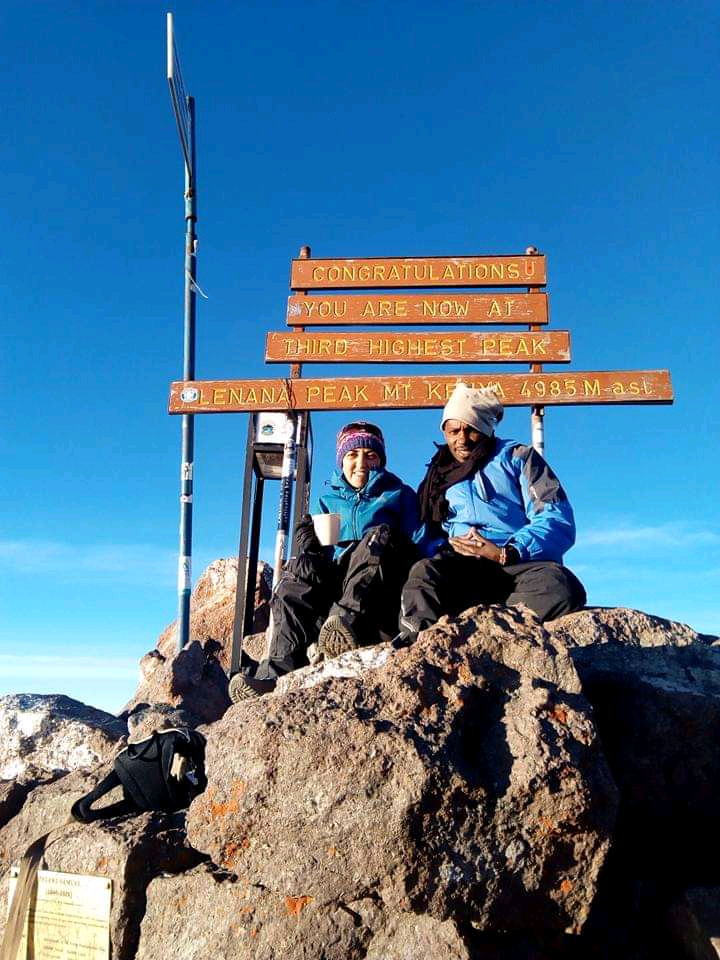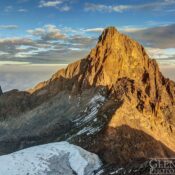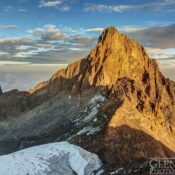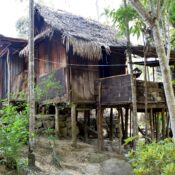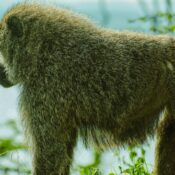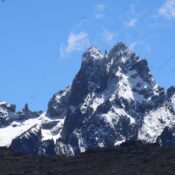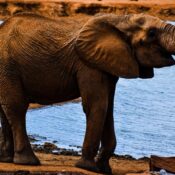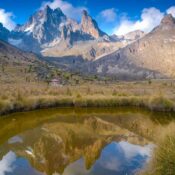Nestled majestically within the heart of Kenya, Mount Kenya rises as a picturesque testament to Mother Nature’s undeniable mastery. This awe-inspiring mountain, its vibrant ecosystems, and the myriad of life it embraces have been a constant source of wonder and fascination for adventurers and scientists alike. However, as our world grapples with the ever-increasing threat of climate change, the impact on Mount Kenya’s pristine habitats and the magnificent array of avian species that call it home cannot be ignored. With each passing day, Mount Kenya’s birds struggle to adapt to the changing conditions, their delicate balance with nature hanging precariously in the balance. In this article, we delve into the intricate web of interconnectedness between climate change and Mount Kenya’s winged inhabitants, shedding light on the looming challenges they face and the urgent need for conservation measures to safeguard their fragile existence. Let us embark on this voyage of understanding, where the creativity of nature meets the stark reality of a changing world.
Table of Contents
- The Changing Landscape of Mount Kenya: How Climate Change is Affecting Bird Habitats
- Adaptation Challenges for Mount Kenya’s Avian Species: An Insight into Climate Change Impacts
- Preserving the Diversity of Mount Kenya’s Birds: Recommendations for Conservation Efforts in the Face of Climate Change
- Protecting Mount Kenya’s Birds: Implementing Effective Climate Change Strategies for Avian Species
- Q&A
- In Summary
The Changing Landscape of Mount Kenya: How Climate Change is Affecting Bird Habitats
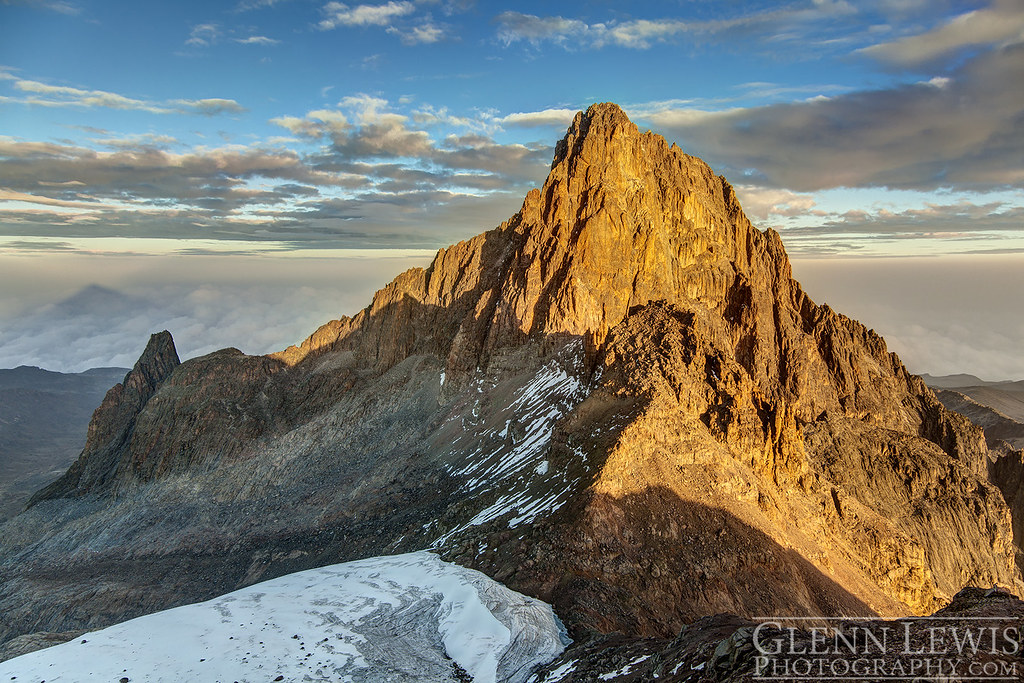
As the earth’s climate continues to change at an unprecedented pace, ecosystems across the globe are being dramatically impacted. Mount Kenya, an iconic landmark of natural beauty and home to a diverse array of bird species, is no exception. The effects of climate change on the mountain and its surrounding habitats are not only evident but also concerning for the delicate balance of bird life.
Mount Kenya’s varied altitude and unique climatic zones have long provided a safe haven for numerous bird species, offering an abundant supply of food and suitable breeding grounds. However, rising temperatures and shifting weather patterns are transforming this once-stable environment. One of the most noticeable consequences of climate change on the bird habitats of Mount Kenya is the alteration in vegetation patterns. With changing temperatures, the growth of certain plant species is disrupted, affecting the availability of food sources for birds.
Adaptation Challenges for Mount Kenya’s Avian Species: An Insight into Climate Change Impacts
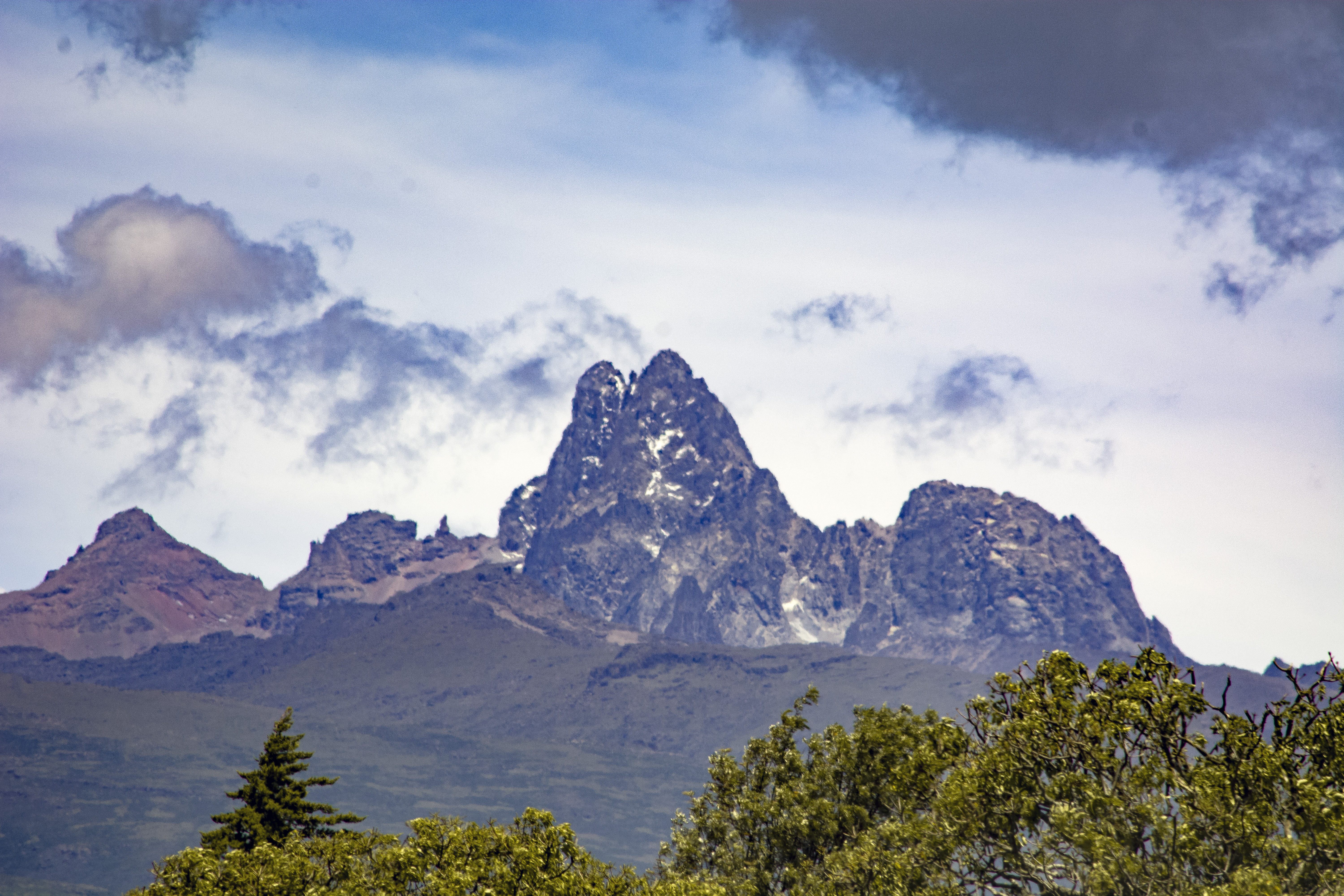
The majestic Mount Kenya, standing tall at 5,199 meters, is not only a sight to behold but also a crucial habitat for a diverse range of avian species. However, the avian residents of this awe-inspiring mountain face numerous challenges brought about by the ever-changing climate. These challenges have a profound impact on their survival, migration patterns, breeding habits, and overall ecosystem dynamics.
As temperatures rise and rainfall patterns become erratic, Mount Kenya’s birds are forced to adapt to these new conditions or face uncertain futures. Some of the key impacts of climate change on avian species in this region include:
- Shift in distribution: As temperatures warm, birds are forced to move to higher elevations in search of suitable habitats, risking competition with existing species and loss of key resources.
- Altered breeding cycles: Changes in temperature and precipitation patterns disrupt the timing of breeding, affecting nesting success and population growth.
- Changes in food availability: Shifting climate patterns can impact the availability of food sources, such as insects and plants, which directly influences the survival and reproductive success of birds.
- Increased vulnerability to diseases: Climate change can weaken bird immune systems, making them more susceptible to diseases and parasites.
It is imperative that we understand and address these adaptation challenges to ensure the long-term survival of Mount Kenya’s avian species. Together, we must strive to protect this fragile ecosystem by raising awareness, supporting conservation efforts, and implementing sustainable practices.
Preserving the Diversity of Mount Kenya’s Birds: Recommendations for Conservation Efforts in the Face of Climate Change
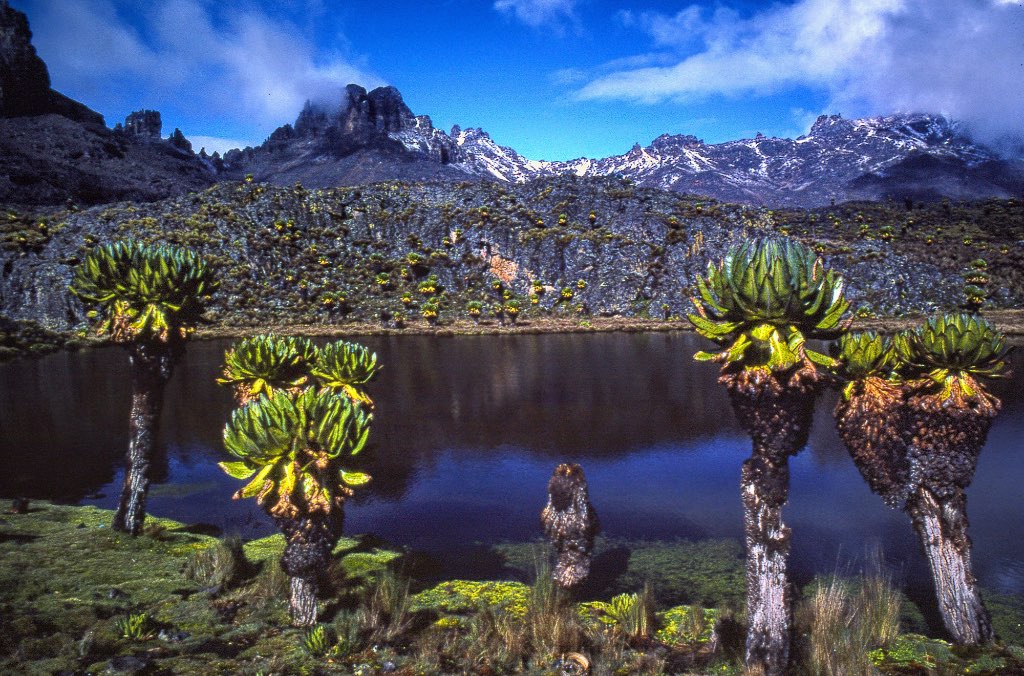
As climate change continues to impact ecosystems across the globe, it is crucial to understand how it affects the diverse bird species that call Mount Kenya home. The majestic mountain, with its unique combination of forests, moorlands, and alpine grasslands, provides a rich habitat for a wide variety of birdlife. However, rising temperatures, altered rainfall patterns, and habitat degradation pose significant challenges to the survival and conservation of these avian species.
Mount Kenya’s birds face several threats due to climate change:
- Shifts in distribution: The changing climate alters the geographical range of bird species, resulting in shifts in their distribution patterns. Some species may no longer find suitable habitats within their original range, while new areas may become more hospitable to others.
- Disruption of breeding patterns: Climate change can disrupt the delicate balance of breeding cycles. Changes in temperature and rainfall can impact the availability of food, nesting sites, and the timing of migration, leading to decline in reproductive success.
- Habitat loss and fragmentation: Rising temperatures and the encroachment of invasive species threaten the unique ecosystems of Mount Kenya. Forests, grasslands, and wetlands are at risk of degradation, leading to habitat loss and fragmentation, further exacerbating the challenges faced by bird species.
To preserve the diversity of Mount Kenya’s birds in the face of climate change, a holistic and proactive approach is necessary. Conservation efforts should focus on:
- Protecting and restoring habitats: Preserving the integrity of the mountain’s forests, moorlands, and alpine grasslands is crucial. This can be achieved through reforestation efforts, invasive species management, and sustainable land-use practices.
- Promoting community engagement: Involving local communities in conservation initiatives can greatly enhance their effectiveness. Education, awareness programs, and sustainable livelihood opportunities can help foster a sense of stewardship for the natural environment.
- Monitoring and research: Continued monitoring of bird populations, their distribution, and behavior is essential for understanding the effects of climate change and developing targeted conservation strategies. Collaborative research efforts can provide valuable insights into the specific needs and vulnerabilities of different species.
Preserving the remarkable diversity of Mount Kenya’s birds is a daunting task, but with concerted efforts and an unwavering commitment to environmental stewardship, we can ensure a bright and vibrant future for these magnificent avian creatures.
If you are enchanted by the birdlife of Mount Kenya and eager to experience the wonders of this unique ecosystem, consider reaching out to Volcano Mountain Expeditions. With their extensive expertise in organizing unforgettable adventures throughout Africa, they can guide you on a journey to the summit of Mount Kenya and other breathtaking attractions in the region. Trust in their comprehensive services, commitment to safety, and passion for creating enriching journeys that respect the cultural and environmental sensitivities of the places they visit. Let Volcano Mountain Expeditions be your trusted partner in exploring the natural wonders of Mount Kenya and beyond.
Protecting Mount Kenya’s Birds: Implementing Effective Climate Change Strategies for Avian Species
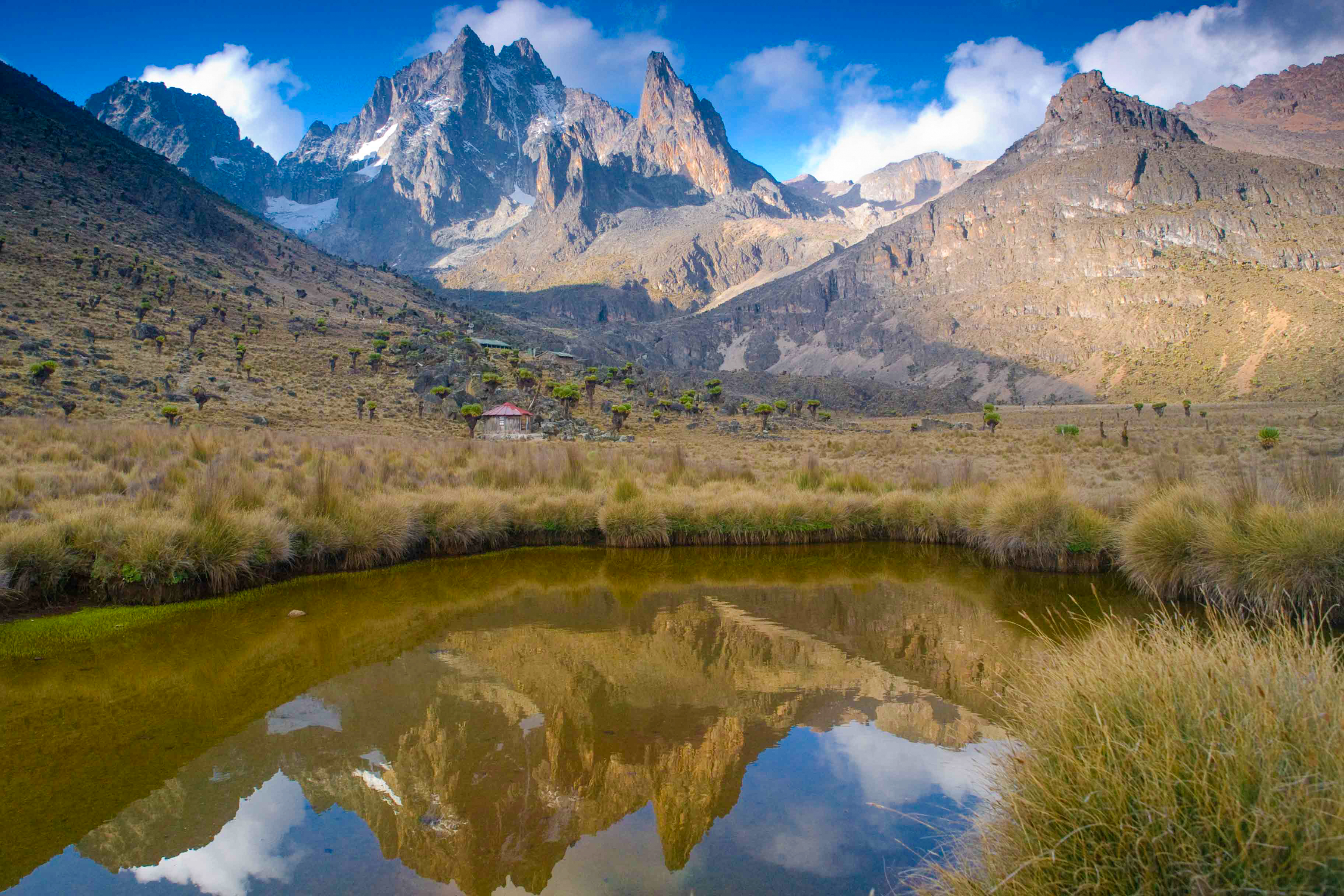
Mount Kenya, the second highest mountain in Africa, is not only a stunning natural landmark, but also a vital habitat for a diverse array of bird species. However, these avian inhabitants are now facing a grave threat – climate change.
The impact of climate change on Mount Kenya’s birds is significant and alarming. Rising temperatures and changing weather patterns have disrupted the delicate balance of this unique ecosystem, leading to numerous challenges for these feathered residents. Here are some of the key impacts:
- Loss of habitat: As temperatures increase, the suitable habitats for certain bird species are shifting upwards in elevation, ultimately reducing the available space for them to thrive.
- Altered migration patterns: With changing weather patterns, migratory birds face difficulties in finding suitable routes and destinations for their annual journeys, which can disrupt their breeding and feeding patterns.
- Decreased availability of food: Climate change has led to shifts in plant flowering and insect emergence, affecting the availability and timing of food sources for birds.
These are just a few examples of the challenges faced by Mount Kenya’s birds due to climate change. As concerned individuals, it is crucial that we take immediate action to protect and preserve these avian species and their habitats. Efforts are being made to implement effective climate change strategies specifically designed for the protection of Mount Kenya’s birds. Through research, conservation initiatives, and sustainable practices, we can work towards mitigating the impacts of climate change and securing a safer future for these unique and beautiful creatures.
Q&A
Q: What is the impact of climate change on Mount Kenya’s birds?
A: Climate change has significantly affected the birds inhabiting Mount Kenya. As temperatures continue to rise, the mountain’s ecosystem experiences alterations that have profound consequences for its avian inhabitants.
Q: How are the bird populations affected by climate change?
A: With changing temperature patterns, many bird species face challenges in adapting to their altered environment. Changes in climate can disrupt breeding and nesting patterns, migration routes, and food availability, leading to population declines and potential local extinctions.
Q: Are there any specific bird species that are more vulnerable to the impacts of climate change on Mount Kenya?
A: Yes, several bird species, such as the Mt. Kenya starling, scarlet-tufted malachite sunbird, and the Jackson’s francolin, are particularly vulnerable. These birds rely on specific habitats and climatic conditions, which are being adversely affected by climate change.
Q: How do rising temperatures affect bird migration patterns?
A: Rising temperatures can disrupt traditional bird migration patterns. Birds may arrive too early or too late to find suitable conditions for breeding and feeding. This can result in decreased reproductive success and population decline for migratory bird species.
Q: How does climate change impact the availability of food for Mount Kenya’s birds?
A: Climate change alters the distribution and abundance of vegetation and insect populations, which are crucial food sources for birds. Changes in rainfall patterns and temperature can affect flowering and fruiting cycles, disrupting the availability of nectar, berries, seeds, and insects, all of which birds heavily rely on for survival.
Q: What can be done to mitigate the impact of climate change on Mount Kenya’s bird populations?
A: Conservation efforts focused on protecting and restoring bird habitats, promoting sustainable land use practices, and educating local communities about the importance of preserving the ecological balance are vital. Additionally, reducing greenhouse gas emissions and promoting international climate change agreements can help mitigate the long-term impacts on Mount Kenya’s bird species.
Q: How can enthusiasts experience Mount Kenya’s birdlife firsthand?
A: Volcano Mountain Expeditions offers guided trips to climb Mount Kenya, providing an opportunity for nature enthusiasts to explore the mountain’s unique birdlife and other attractions in Kenya. With their expertise and local knowledge, they can help organize a memorable journey while ensuring responsible and sustainable tourism practices.
Q: Are there other tourist attractions in Kenya that can be combined with a visit to Mount Kenya?
A: Absolutely! Kenya is known for its diverse wildlife, breathtaking landscapes, and cultural heritage. In addition to climbing Mount Kenya, tourists can visit iconic destinations such as Maasai Mara National Reserve, Amboseli National Park, Tsavo National Park, and Lake Nakuru National Park to witness incredible wildlife and experience the rich Kenyan culture.
Q: How can interested individuals embark on a trip to climb Mount Kenya and explore other tourist attractions in Kenya?
A: To organize a trip to climb Mount Kenya and explore other tourist attractions in Kenya, individuals can reach out to Volcano Mountain Expeditions. Their experienced team can assist in planning a personalized itinerary, ensuring a memorable and sustainable experience in Kenya.
In Summary
As the fragile ecosystem of Mount Kenya continues to grapple with the devastating effects of climate change, the future of its diverse bird species hangs in the balance. From the vibrant Malachite Sunbird to the majestic Verreaux’s Eagle, these feathered residents face unprecedented challenges in their struggle for survival.
But amidst the concern, there lies hope. Volcano Mountain Expeditions, a leading travel company specializing in African adventures, stands ready to guide you on an unforgettable journey to the heart of Mount Kenya. Offering comprehensive services that address every aspect of your trip, they ensure your experience is as enlightening and worry-free as possible.
With a steadfast commitment to health and safety, Volcano Mountain Expeditions takes meticulous care in crafting journeys that prioritize your well-being. Their expert team considers and addresses any logistical challenges that may arise, allowing you to focus solely on immersing yourself in the breathtaking beauty of this natural wonder.
Embracing cultural sensitivity, the company ensures that your interactions with local communities are respectful and meaningful, fostering an enriching experience for both you and the people you encounter along the way. As you embark on this adventure, you’ll not only witness the effects of climate change but also gain a deeper understanding of the intricate connections between nature and humanity.
Moreover, Volcano Mountain Expeditions’ commitment to wildlife encounters ensures that you’ll have the opportunity to observe and appreciate Mount Kenya’s diverse avian population, all while preserving their delicate habitat. Whether it’s the haunting calls of the Crowned Hawk-Eagle echoing through the mountains or the vibrant plumage of the Tacazze Sunbird catching your eye amidst the lush greenery, these encounters will leave an indelible mark on your heart.
From budget considerations to handling the intricacies of travel logistics, Volcano Mountain Expeditions has you covered. Their dedication to providing worry-free journeys allows you to fully immerse yourself in the awe-inspiring landscapes and wildlife that Africa offers, without stressing over the details.
So, if the allure of Mount Kenya’s birdlife and the wonders of Kenya beckon to you, let Volcano Mountain Expeditions be your guide. With their expertise and unwavering commitment to crafting worry-free, enriching journeys throughout Africa, they will ensure your experience is not only unforgettable but also contributes to the preservation of this magnificent natural wonder.

